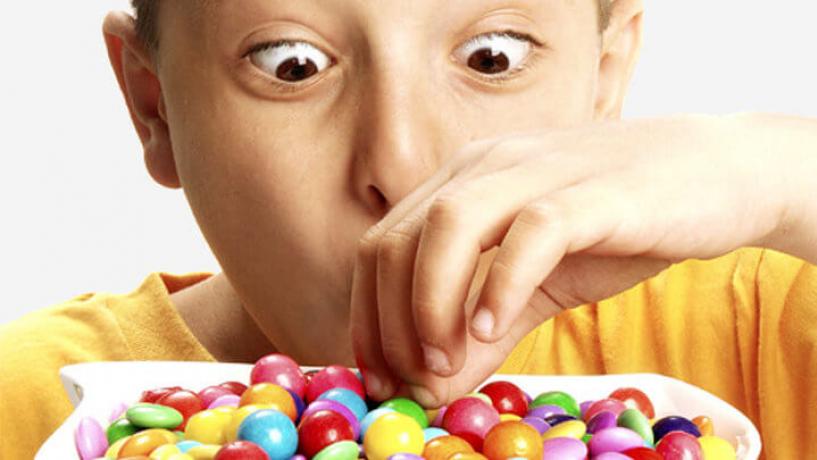
Parents in England have been told they must stop ‘poisoning’ their children by feeding them sugary processed foods and drinks.
This reminder has been issued to reinforce the responsibilities all families have not to put their children at risk of obesity-related illnesses like cancer, diabetes and heart disease.
Chief Executive of England’s Department of Health (NHS) Simon Stevens warns that if parents do not stop feeding their children sugary-sweets and unhealthy fizzy drinks, the NHS will not be able to handle the estimated number of people who will eventually need obesity-related health care.
‘We’ve got to play our part as parents, we’ve got responsibilities’, he said. ‘When your children come home from schools it’s water and milk, not fizzy drinks and juice. It’s cut up apples not sugary bars.’
Mr Stevens refers to obesity as ‘the new smoking’ and calls for tougher legislation regarding the amount of sugar permitted in processed foods. He also says the food industry has a responsibility to provide consumers with healthy options.
The Obesity Epidemic
Harvard University estimates that by 2025 obesity will cause more cases of cancer than smoking. Research has already found that annually obesity causes approximately 32,000 cancer-related deaths in the UK. Instead of chocolate bars, soft drinks and fatty fast foods, parents are urged to give their children water, milk and fruits.
Claims have come in recent years that unhealthy processed foods are often cheaper and more convenient than healthier foods. It might be easier to give a child a packet of chips rather than to cut up a piece of fruit. It also might be quicker to buy fish and chips for dinner instead of making a healthier alternative. However, there is little doubt that a fruit snack or healthy dinner would be the better option for a child.
How Much is Too Much?
According to the United Nations, children are not recommended to consume more than 6 teaspoons of sugar each day - approximately 24 grams. Considering a single 375ml can of Sprite contains 72.6 grams of sugar, just one can is almost three times the recommended daily sugar intake. Not only does consuming excessive sugar lead to weight gain it can also weaken the enamel on teeth, which can lead to tooth decay.
Calls for the compulsory labelling of the sugar, salt and fat content of any product aimed at children have already gained momentum in the UK, despite strong opposition from the food industry. However considering Britain has been reported as being among the most obese European nations, proactive steps similar to those taken by Mr Stevens need to be taken to ward off what is considered by many to be becoming an epidemic.




